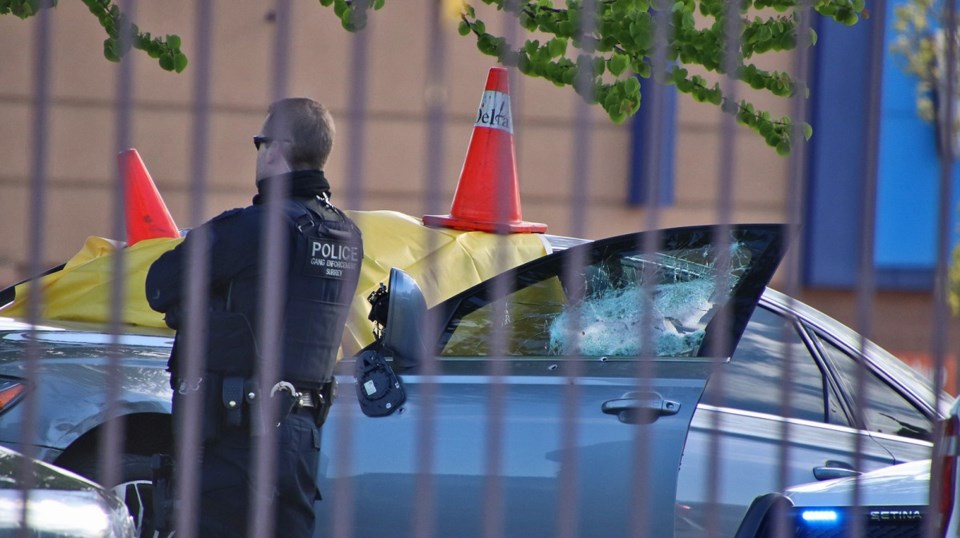Editor:
Re: Editor’s Note: Shooting hits close to home (Optimist, May 6).
The editor commented on the recent shooting at the Scottsdale Centre mall. At the end of he begged the question: “is the provincial and federal governments providing police the resources they need to put an end to this violence?... I really have to wonder …” .
Let’s consider this question in some more depth, before we start blaming a perceived lack of police resources, or one level of government over another, for the continuing gun violence in Metro Vancouver.
Like many things in life, it’s probably not as simple as that.
Here is some information that is easily accessible, from Statistics Canada, if one were to bother to research it:
*In 2019, 263 people died by shooting in Canada
* More homicides (and suicides) by shooting occur in rural areas, in Canada, than in urban areas
* In Western Canada, in cities such as Victoria and Vancouver, policing accounts for 20 per cent of their operating budgets, the bulk of which comes from municipal taxes.
(Last year, the Vancouver Police Board rejected a motion by city council, calling for a one per cent cut to the police’s $339 million budget, about 21 per cent of the city’s $1.62 billion budget for 2020.)
*The average annual salary among municipal police officers was $100,962 for 2017/2018; * While police spending has increased, the number of police officers per 100,000 people has been decreasing.
So, according to this publicly accessible information, municipal police forces do not appear to be lacking in resources, and the provincial and federal governments are not ultimately responsible for providing those resources, the municipalities are.
Also, if one were to research this subject even further, there are many academic research papers available, which come to the similar conclusions: gun violence reduction strategies could take into account the three G’s: gangs, guns, and gender.
In other words, why do youth join gangs? Why are firearms so accessible? And why is gender-based violence (male suicides by shooting; violence against women) allowed to continue?
And let’s not forget the big elephant in the room: drugs, of course.
Why haven’t we decriminalized drugs in Canada yet? The Criminal Code is one thing the federal government is responsible for, and it could make changes to the Code right now. Decriminalization of illegal drugs could do a lot to take the profit margin out of the hands of organized crime, and to potentially reduce gun violence in Canada (and to also reduce the annual number of opioid overdose deaths in Canada).
If only the federal government had the political will. Just Do It, Justin.
A Cameron



